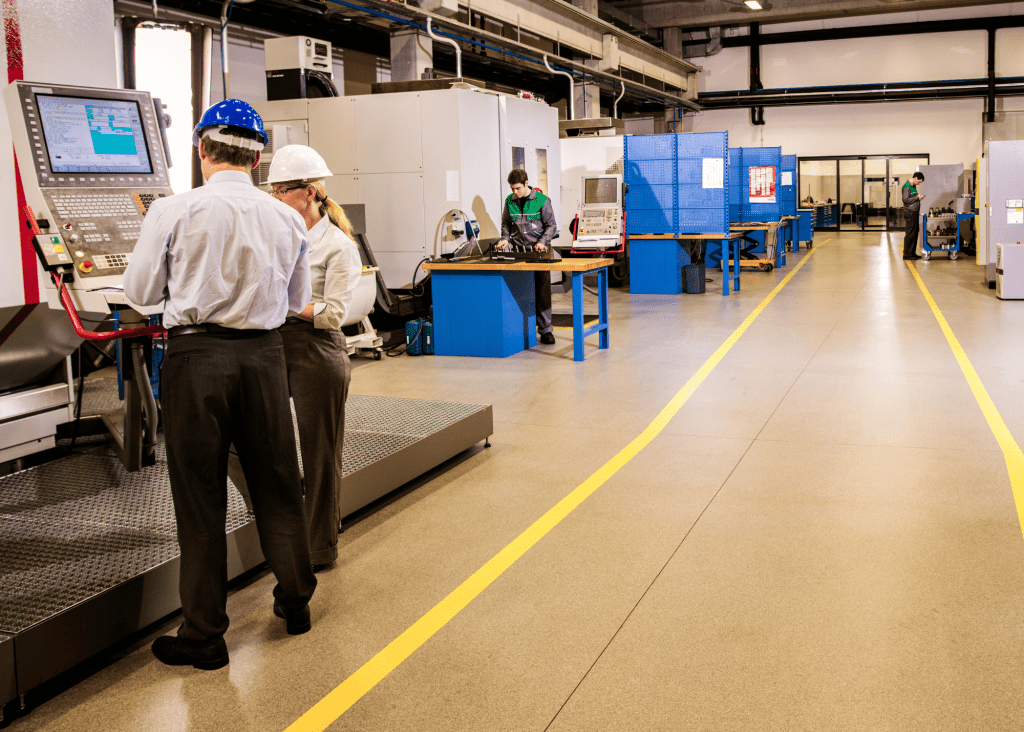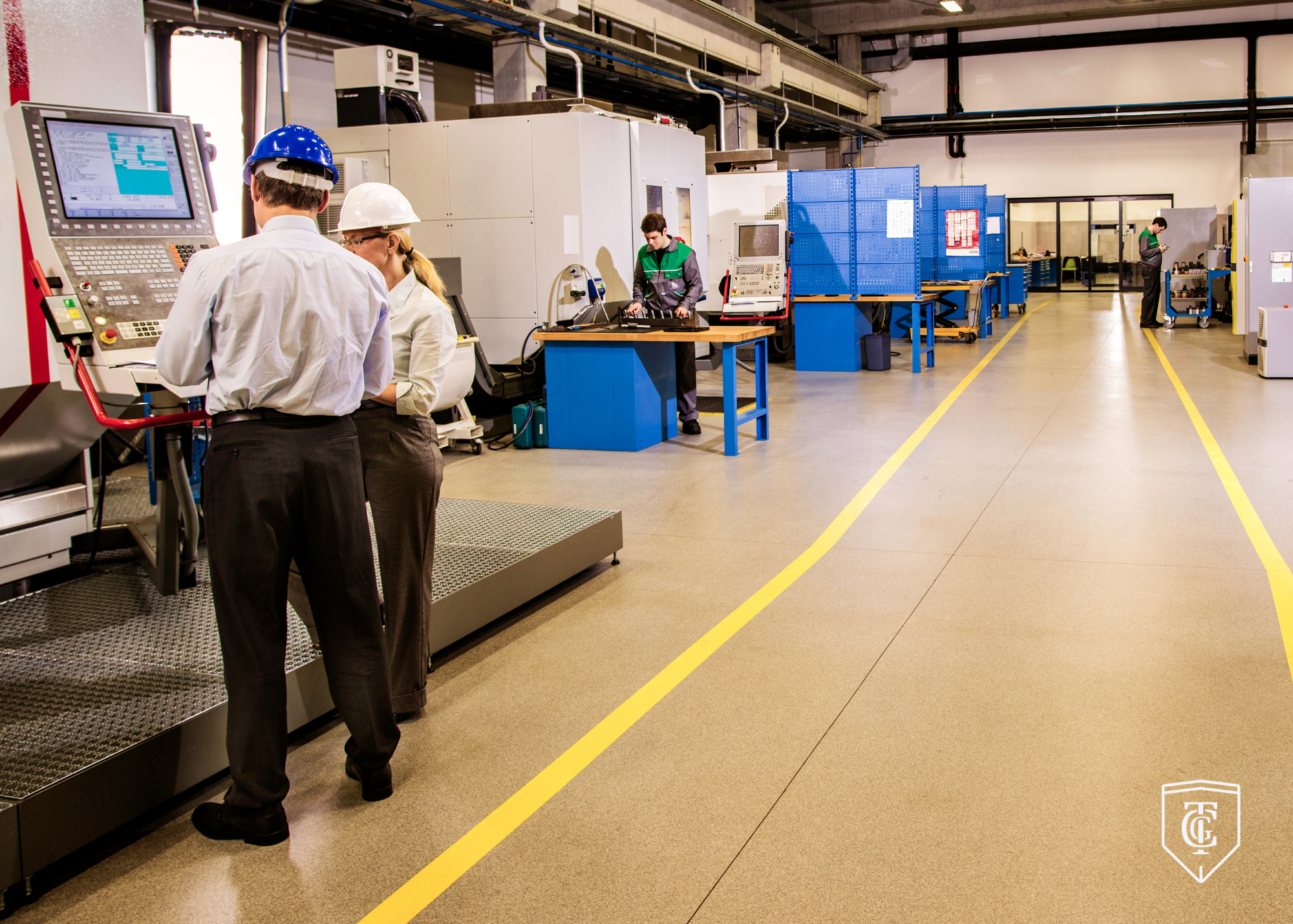
Manufacturing plants are the heartbeats of many industries, and the continuity of operations is crucial for their success. When a leadership gap occurs, whether due to resignations, retirements, or other unforeseen circumstances, it can pose significant risks to the business. In this blog, we’ll explore the vital reasons why manufacturing plants need to bring in interim leaders to protect their operations and ensure seamless continuity.
- Maintaining Operational Stability: According to a study by Deloitte, manufacturing downtime can cost businesses between $10,000 and $250,000 per hour. When key leadership positions are vacant, it can disrupt the production flow and lead to costly downtime. Interim leaders step in with their expertise to keep operations running smoothly, minimizing disruptions, and preventing financial losses.
- Strategic Decision-Making: A survey by McKinsey found that 80% of executives believe that making strategic decisions during a leadership transition is challenging, yet it’s a critical time for setting the company’s direction. In times of leadership gaps, crucial strategic decisions must continue to be made. Interim leaders bring experience and objectivity to the table, ensuring that strategic initiatives aren’t delayed or compromised. This can be particularly vital in a rapidly changing manufacturing landscape.
- Employee Engagement and Retention: The Society for Human Resource Management (SHRM) reports that employee morale often suffers during leadership transitions, leading to decreased productivity and increased turnover. Leadership gaps can create uncertainty and anxiety among employees. Interim leaders provide stability and guidance, boosting morale and helping to retain valuable talent. A sense of continuity encourages employees to stay committed to the organization’s goals.
In the high-stakes world of manufacturing, where precision and efficiency are paramount, the absence of key leaders can have far-reaching consequences. The statistics speak for themselves, emphasizing the urgency of having interim leaders in place during these critical times. Interim leaders not only safeguard operational stability, but they also ensure that strategic decisions continue to be made, and employee engagement remains high. By prioritizing interim leadership, manufacturing plants can protect their businesses and maintain a seamless path toward success, even in the face of leadership transitions.

